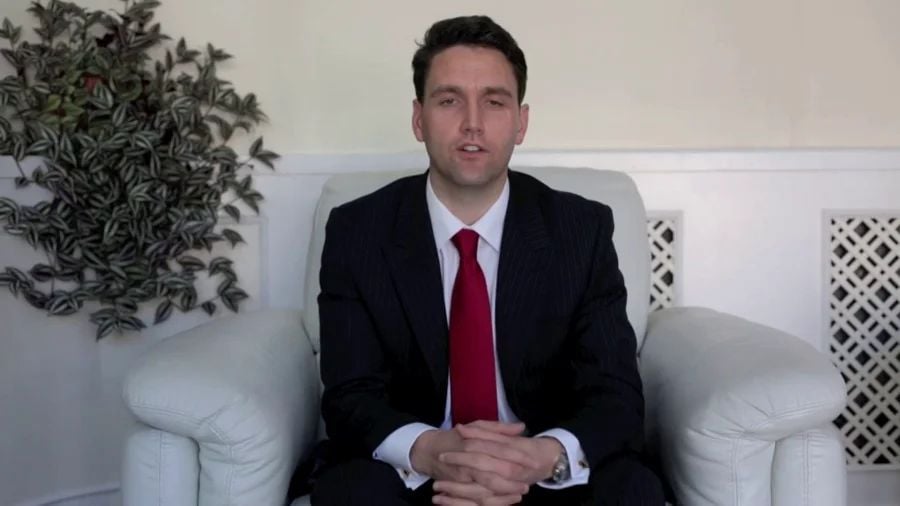As Ireland works to update its gambling laws, it will likely introduce more stringent operator controls. A professor who studies addictions says the government needs to put the brakes on “normalized” sports betting.


Ireland is close to finalizing how its new gambling framework will look. More regulatory controls are coming, and the government is already on the hunt for someone to lead the overhaul.
As a legislative committee continues to review the amended laws, it has been receiving input from all sides. Professor Colin O’Gara, an addiction treatment specialist, has offered his input, as well. He argues that the “proliferation” of sports gambling has normalized the activity.
O’Gara, who serves as the Head of Addiction Services at St. John of Gods Hospital in Dublin, has been pushing for gambling reform for years. His latest attempt comes through a letter he submitted to the committee overseeing the revision of Ireland’s gambling laws, according to the Independent.
Too Much Sports Betting
In his letter, O’Gara asserts that between 50,000 and 250,000 people “are affected by gambling problems.” This represents around 5%, of the population.
By way of comparison, reports indicate that shopping addiction in Ireland is around 16%. Around 39% of the population fall into the category of being “binge alcohol drinkers.”
We must work on reversing this normalisation as soon as possible. This work cannot feasibly happen without strong backing from the Government,” said Professor Colin O’Gara.
O’Gara points out that Ireland has no dedicated inpatient services for gambling addicts, and only a small handful of outpatient treatment facilities. To counter this, he proposes that the gaming industry give 1% of its turnover specifically for this purpose.
More Changes Needed
Despite the evidence that gambling, generally speaking, is not an inherently evil activity, O’Gara and others want to treat it as such. He wants the government to not only ban fixed-odds betting terminals, but to remove them from the country. He would also welcome massive fines for violators of any regulation, stating that small fines won’t “make any impact.”
O’Gara suggests that gambling disorder should be a “national public health crisis.” He wants limits on how much someone can gamble and how much can be deposited into gambling accounts. He also hints at a greater barrier between sports betting and alcohol. He doesn’t specify how, but says there should be a method to minimize the “harm of gambling wherever alcohol could be present.”
Ireland’s government continues to review its approach to the first major gambling reform in decades. The results will arrive in the coming months, and operators need to be aware that strict policies are coming.
Research Doesn’t Support Claims
The professor asserts that the expansion of sports betting has allowed it to become a normal, accepted activity. He asserts that “some groups of young men” can’t watch a sporting event without wagering on it.
However, it’s obvious that the vast majority of sports bettors have no problem. Numerous studies have shown that an overwhelming majority of sports bettors participate for the entertainment, not monetary value.
A study by Richard Wood of GamRes Ltd. in Canada, and Mark Griffiths of Nottingham Trent University in the UK a few years ago found that “gambling is a form of entertainment for positive gamblers, who enjoy the dream of winning big.”
The study showed that those who participate more frequently have systems in place to monitor how much they spend. In addition, it found that nine of 10 set a spending limit before beginning.
The post Ireland Professor Calls For Halt in Normalizing Sports Gambling appeared first on Casino.org.
